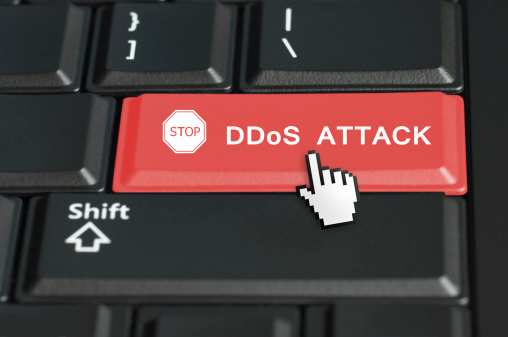You may have seen the news this morning that we have joined forces with Juniper Networks to provide a comprehensive, always on, DDoS solution. At Verisign, we focus on protecting companies from increasingly complex cyber threats, and this relationship should only raise the bar higher, as it will provide a different, more integrated approach than what’s used today, to help ensure faster and more efficient detection and mitigation.







